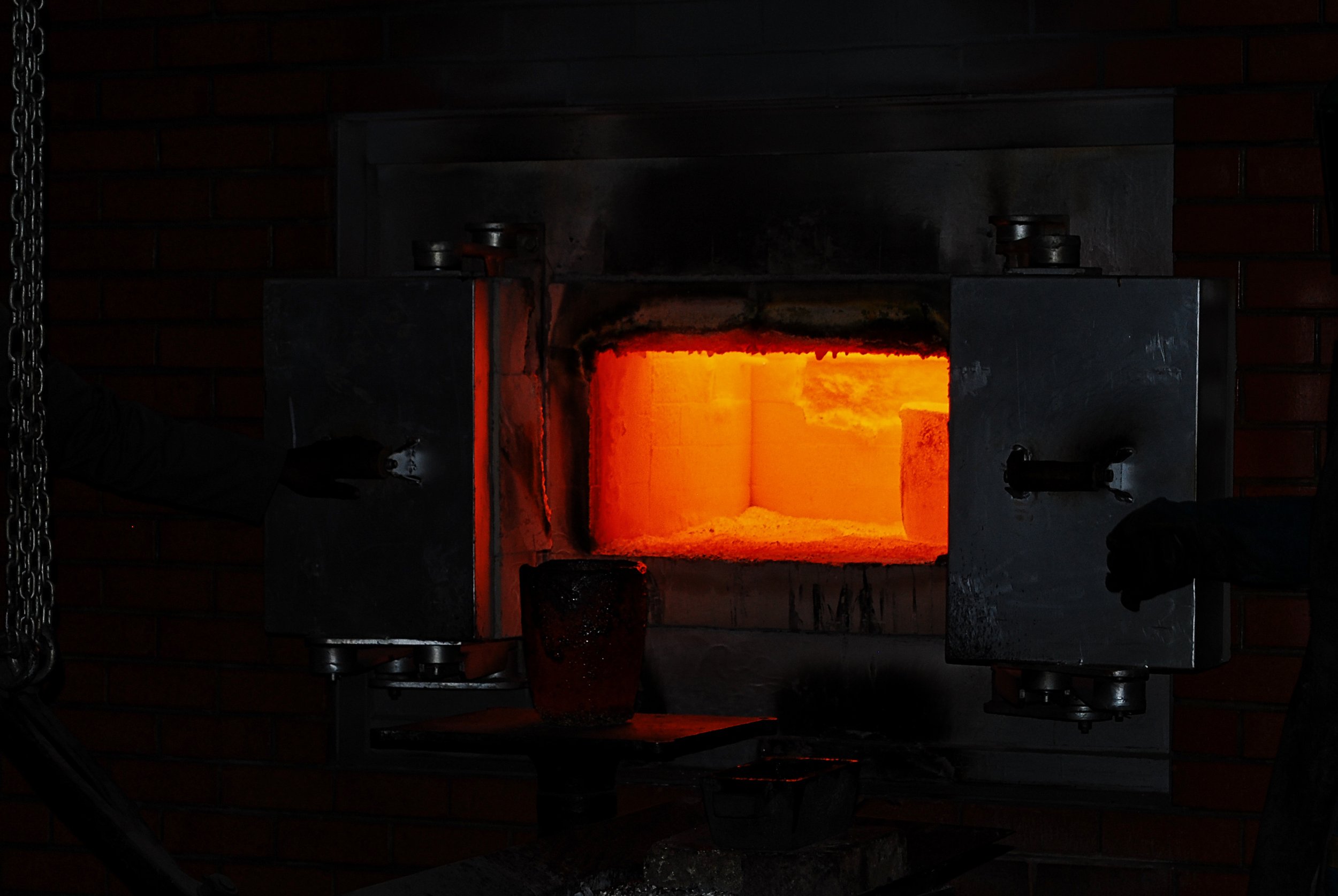Pros and Cons of Using a Coal and Propane Forge
Welcome to Flames and Blades: A Blog for Blacksmith and Bladesmith Enthusiasts. Each week, sixth generation blacksmith Jacob Phillips shares a little bit of knowledge and history. New articles arrive on Tuesdays and can be found at Jacob’s website or here on BDF. Check back each week for Jacob’s latest article!
If you are a blacksmith, you know how important it is to have a reliable and efficient forge. There are two main types of forges: coal and propane. Both have their advantages and disadvantages, and choosing the right one for your needs can be a difficult decision. In this article, we will explore the pros and cons of each type of forge to help you make an informed decision.
Coal Forge
Pros
Cost-effective: Coal is relatively inexpensive and readily available in most areas, making it a more affordable option than propane.
Hotter temperatures: Coal forges can reach higher temperatures than propane, which is important for certain types of metalworking.
Traditional: Coal forges have been used for centuries and are considered to be the more traditional option.
Cons
More maintenance: Coal forges require more maintenance than propane forges. You need to clean out the ashes regularly, and the coal needs to be replenished frequently.
More difficult to control temperature: Coal forges can be more difficult to control the temperature, which can be a disadvantage for beginners.
More dangerous: Coal forges pose a higher risk of fire and can be dangerous if not used properly.
Propane Forge
Pros
Easy to use: Propane forges are more user-friendly than coal forges. They are easy to start and control, making them a good option for beginners.
Cleaner: Propane forges produce less smoke and ash than coal forges, making them a cleaner option for your workspace.
More efficient: Propane forges are more efficient than coal forges, which means they can save you money on fuel costs in the long run.
Cons
Higher initial cost: Propane forges are generally more expensive to purchase upfront than coal forges.
Limited temperature range: Propane forges may not be able to reach the same high temperatures as coal forges, which can be a disadvantage for certain types of metalworking.
Less traditional: Propane forges are a newer technology and may not have the same traditional appeal as coal forges.
Choosing between a coal and propane forge ultimately comes down to personal preference and the type of metalworking you plan to do. Both have their advantages and disadvantages, so it's important to weigh them carefully before making a decision. If you prioritize cost-effectiveness, tradition, and the ability to reach high temperatures, a coal forge may be the right option for you. If you prioritize ease of use, cleanliness, and efficiency, a propane forge may be the better choice.
This article is posted in partnership with Six-Gen Forge. Interested in reading more articles from Flames and Blades? Check out more blog posts here! New posts come out every Tuesday!
About The Author
More Flames and Blades











